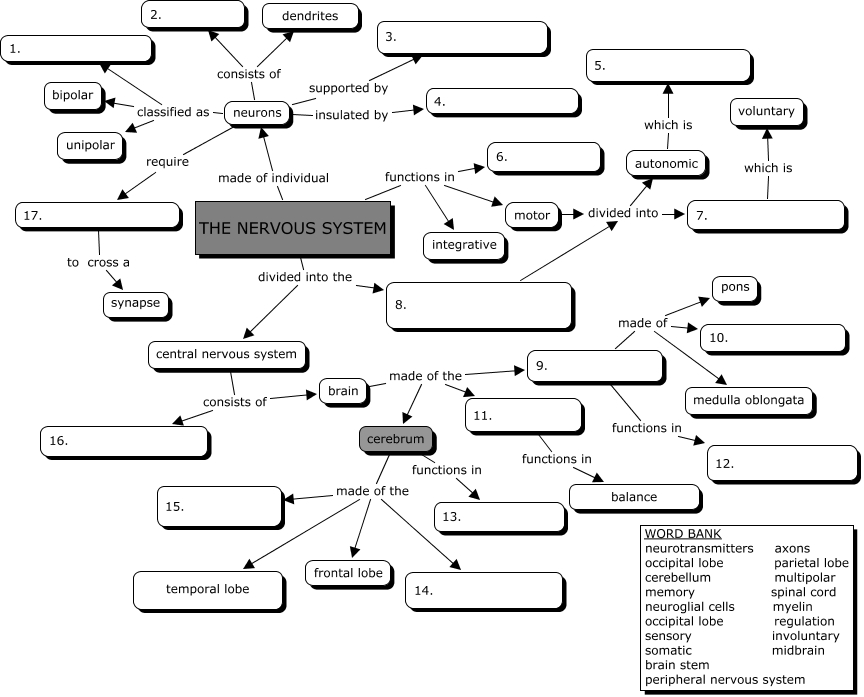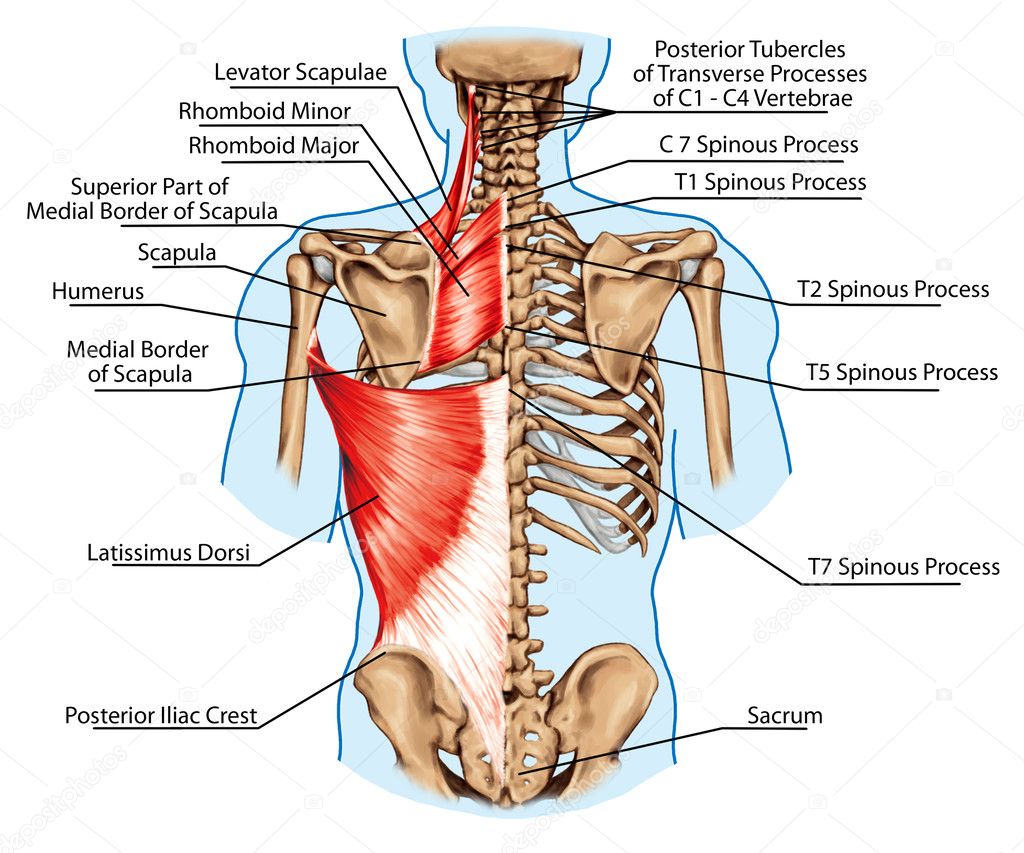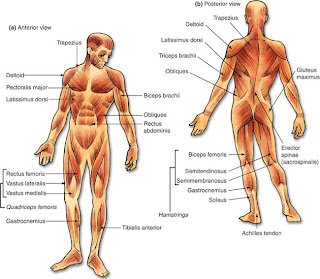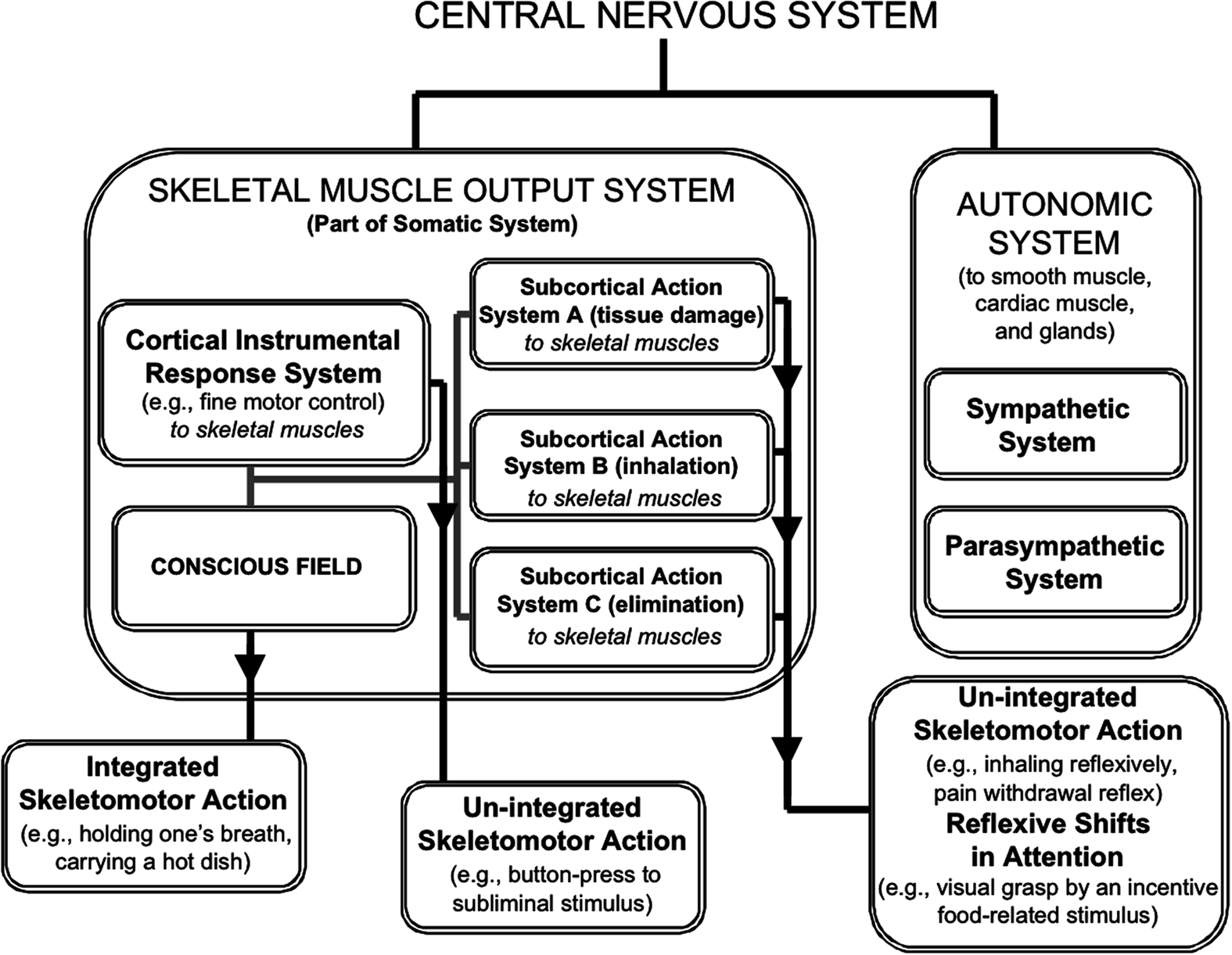

Access our free college textbooks and low-cost learning materials.
Geographical classifications. The traditional dividing line between the northern and southern Chinese martial arts is the Yangtze River. A well-known adage concerning Chinese martial arts is the term “Southern fists and Northern kicks” (「南拳北腿」).



The Basics of Biology, the worlds premier curriculum-based biology DVD series, brings to life the living world of biology with 5 incredible 6 DVD sets: The Basics of Cell Biology, The Basics of Anatomy, The Basics of Genetics, The Basics of Ecology and Th

Suggested Citation:”6 Dimension 3: Disciplinary Core Ideas – Life Sciences.”National Research Council. 2012. A Framework for K-12 Science Education: Practices, Crosscutting Concepts, and Core Ideas.

Temperature control is an ongoing problem in large government offices however what I find even more alarming is the lack of thought given by management when introducing new systems …
Competencies Undergraduate Competencies by Major Dietetics. In addition to Core Public Health Competencies for Undergraduate Students in the college of Public Health-Bloomington, after completing the Bachelor of Science in Applied Health Science with a major in Dietetics, students will be able to:. Demonstrate how to integrate …

Muscle is a soft tissue found in most s. Muscle cells contain protein filaments of actin and myosin that slide past one another, producing a contraction that changes both the length and the shape of the cell. Muscles function to produce force and motion.They are primarily responsible for maintaining and changing posture, locomotion, as well as …
*The human body consists of several major body systems: Circulatory System, Digestive System, Endocrine System, Excretory System, Immune System, Muscular System, Nervous System, Reproductive System, Respiratory System, Skeletal System All of the body systems work together to maintain a healthy body. *The circulatory …
Human Body Organ Systems. The human body is made up of 11 organ systems that work with one another (interdependantly). These systems include the integumentary system, skeletal system, muscular system, lymphatic system, respiratory system, digestive system, nervous system, endocrine system, cardiovascular system, urinary system, and reproductive systems.
Criminology: Criminology, scientific study of the nonlegal aspects of crime and delinquency, including its causes, correction, and prevention, from the viewpoints of such diverse disciplines as anthropology, biology, psychology and psychiatry, economics, sociology, and statistics. Viewed from a legal
